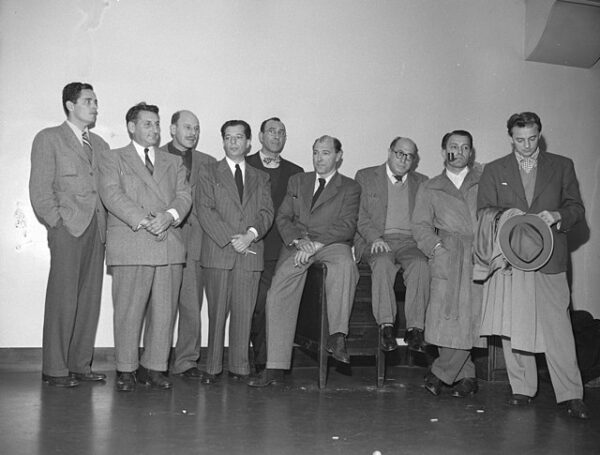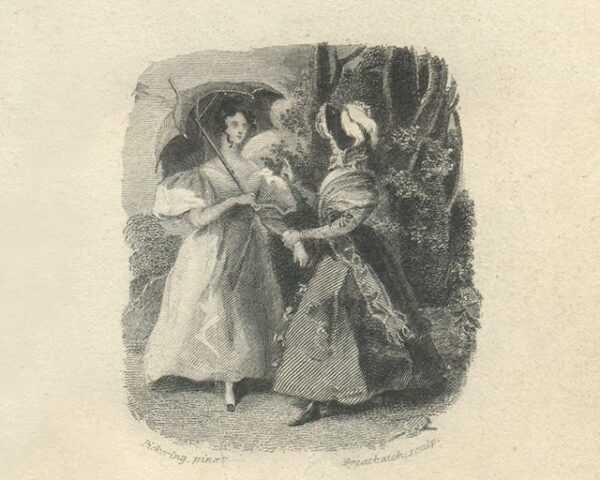The postwar anxiety that had been simmering beneath the surface of American political life hardened into a formal purge on November 25, 1947, when the nation’s major movie studios announced they would no longer employ a group of screenwriters and directors who had refused to testify before Congress. This cohort—soon immortalized, ironically, as the “Hollywood Ten”—became the first and most emblematic casualties of a broader ideological confrontation that would define the early Cold War. Their blacklisting signaled that the struggle against Communism at home would not be confined to espionage or overt political subversion, but would reach deeply into cultural institutions that shaped the nation’s imagination.
The roots of the crisis lay in the House Un-American Activities Committee’s (HUAC) continuing investigation into alleged Communist influence in the motion picture industry. For conservatives in Congress, Hollywood was not merely a factory of entertainment; it was a powerful transmitter of ideas, capable of molding public sentiment at scale. The fear—partly genuine, partly opportunistic—was that a disciplined cadre of Party-aligned writers might seed popular films with subtle ideological messages, softening American resistance to totalitarianism at a moment when the Soviet Union was consolidating control over Eastern Europe. HUAC had already held hearings on suspected propaganda in 1940 and saw no reason to abandon the cause now that the Cold War had begun in earnest.
The Ten themselves represented a cross-section of the industry’s creative elite: established screenwriters, accomplished directors, men who knew how to operate inside the factory-like structure of the studio system. When called before HUAC in October 1947, they refused to answer questions about their political affiliations, invoking not the Fifth Amendment—as later witnesses would—but the First, arguing that the government had no authority to interrogate citizens about their beliefs. In doing so, they stepped directly into HUAC’s trap: by declining to name names or affirm their loyalty, they appeared to embody the very subversion Congress claimed to be fighting.
Public reaction was split. Many liberals viewed the proceedings as an exercise in political intimidation, the latest iteration of a long American tradition of overreaching legislative investigations. Conservatives, by contrast, framed the resistance of the Ten as evidence of Communist discipline and Party strategy. Hollywood executives, caught between an increasingly adversarial Washington and their own fear of a public backlash, sought a way to contain the damage. Their solution was the Waldorf Statement, issued on November 25 after a closed-door meeting at New York’s Waldorf-Astoria Hotel. In it, the heads of the major studios condemned the refusal of the Ten to cooperate with HUAC and declared they would no longer be employed until they were cleared of suspicion.
The blacklist was less a legal mechanism than an act of coordinated private coercion. Studios understood that continuing to hire the Ten risked retaliation from Congress, boycotts from conservative groups, and possibly even federal regulation. By cutting them loose, Hollywood signaled its willingness to police itself in the name of national security. For the Ten, the consequences were immediate and devastating: prison terms for contempt of Congress, professional exile, and years of pseudonymous work for those who continued writing in secret. Their punishment served as both a warning and a template. Dozens more would be blacklisted in the years that followed—some for political convictions, others for personal rivalries or hearsay whispered into the right ear at the right moment.






